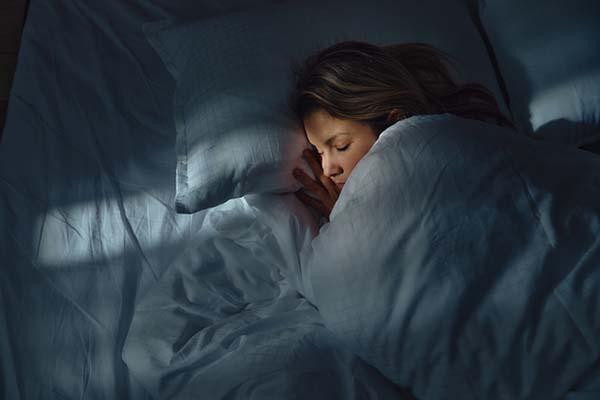
Breaking News
 Are You Starting To Notice A Pattern Yet?
Are You Starting To Notice A Pattern Yet?
 Sacré bleu! Macron blames renewables for Spain's blackouts, France drops renewables targets...
Sacré bleu! Macron blames renewables for Spain's blackouts, France drops renewables targets...
 We Finally Know How Fast The Tesla Semi Will Charge: Very, Very Fast
We Finally Know How Fast The Tesla Semi Will Charge: Very, Very Fast
 Trump admin ousts DOJ antitrust chief Gail Slater amid clashes with White House: Report
Trump admin ousts DOJ antitrust chief Gail Slater amid clashes with White House: Report
Top Tech News
 Drone-launching underwater drone hitches a ride on ship and sub hulls
Drone-launching underwater drone hitches a ride on ship and sub hulls
 Humanoid Robots Get "Brains" As Dual-Use Fears Mount
Humanoid Robots Get "Brains" As Dual-Use Fears Mount
 SpaceX Authorized to Increase High Speed Internet Download Speeds 5X Through 2026
SpaceX Authorized to Increase High Speed Internet Download Speeds 5X Through 2026
 Space AI is the Key to the Technological Singularity
Space AI is the Key to the Technological Singularity
 Velocitor X-1 eVTOL could be beating the traffic in just a year
Velocitor X-1 eVTOL could be beating the traffic in just a year
 Starlink smasher? China claims world's best high-powered microwave weapon
Starlink smasher? China claims world's best high-powered microwave weapon
 Wood scraps turn 'useless' desert sand into concrete
Wood scraps turn 'useless' desert sand into concrete
 Let's Do a Detailed Review of Zorin -- Is This Good for Ex-Windows Users?
Let's Do a Detailed Review of Zorin -- Is This Good for Ex-Windows Users?
 The World's First Sodium-Ion Battery EV Is A Winter Range Monster
The World's First Sodium-Ion Battery EV Is A Winter Range Monster
 China's CATL 5C Battery Breakthrough will Make Most Combustion Engine Vehicles OBSOLETE
China's CATL 5C Battery Breakthrough will Make Most Combustion Engine Vehicles OBSOLETE
"The Darker, The Better": Why Sleeping In Total Darkness Is A Big Deal

Over time, this may increase the risk of developing chronic diseases like obesity, diabetes, depression, and cardiovascular disease.
Sleep is not merely a passive act of unconsciousness; it is an active process of repair and recalibration.
"The body's systems only achieve euphoric homeostasis—true well-being—when the demands of the day are met with enough depth, timing, and continuity of sleep. Light at night interrupts this, even if subtly, and especially for those already vulnerable," said Dr. Roger Washington, a family medicine physician focused on sleep wellness and the medical director of the Sleep to Live Well Foundation, in an interview with The Epoch Times.
"When light combines with the will to stay alert—scrolling a phone, watching TV—it locks the brain in an acquisition mode, which postpones the entry into reparative sleep cycles."
Blue light from screens has been linked to reduced sleep quality and shorter sleep duration. On the other hand, research suggests that sleeping in a dark, cool environment supports melatonin production and promotes better physical and mental well-being.
Promotes Melatonin Balance
Even low levels of light at night can disrupt your circadian rhythm—the body's internal sleep-wake clock—leading to poor sleep quality.
While daylight exposure helps regulate your internal clock, which supports melatonin production at night, exposure to bright light at night can lower melatonin levels and interfere with sleep.
"Light at night delays circadian rhythm and promotes sympathetic nervous system activation," said Washington.
"Sleeping in darkness allows the body's master timekeeper, the suprachiasmatic nucleus, to align internal rhythms with the natural sleep-wake cycle."
The suprachiasmatic nucleus is a small area in the hypothalamus that acts as the body's internal clock, controlling sleep-wake cycles by responding to light signals from the eyes.
Melatonin not only helps you fall and stay asleep but also acts as a powerful antioxidant. Avoiding artificial light exposure at night can help maintain better melatonin levels and improve sleep quality.



